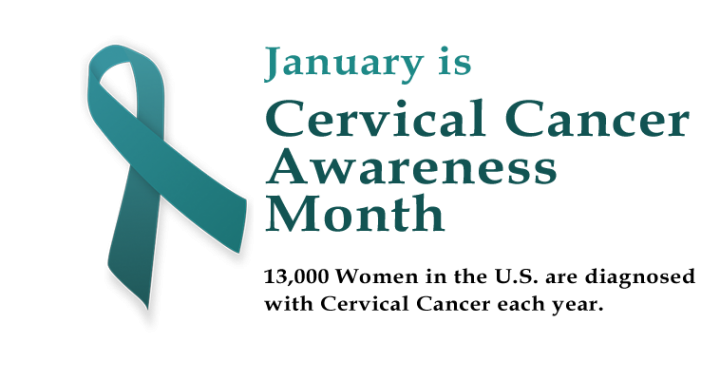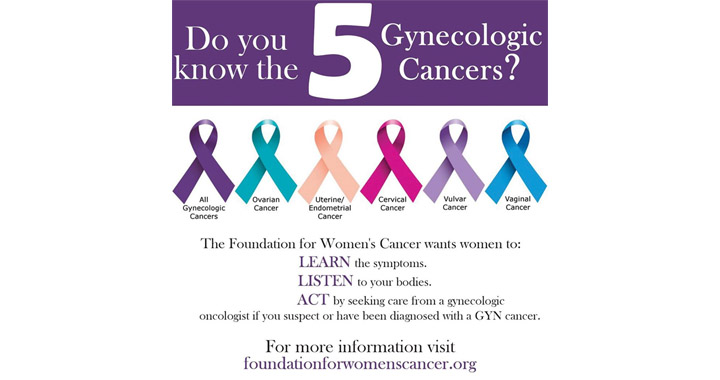You should visit your health care provider from time to time, even if you are healthy. The purpose of these visits is to:
- Screen for medical issues
- Assess your risk for future medical problems
- Encourage a healthy lifestyle
- Update vaccinations
- Help you get to know your provider in case of an illness
Screenings are tests that look for diseases before you have symptoms. Blood pressure checks and mammograms are examples of screenings.
You can get some screenings, such as blood pressure readings, in your doctor’s office. Others, such as mammograms, need special equipment, so you may need to go to a different office.
After a screening test, ask when you will see the results and who to talk to about them.
BREAST CANCER:
Talk with your health care team about whether you need a mammogram.
BRCA 1 and 2 GENES:
If you have a family member with breast, ovarian, or peritoneal cancer, talk with your doctor or nurse about your family history. Women with a strong family history of certain cancers may benefit from genetic counseling and BRCA genetic testing.
CERVICAL CANCER:
Starting at age 21, get a Pap smear every three years until you are 65 years old. Women 30 years of age or older can choose to switch to a combination of a Pap smear/human papillomavirus (HPV) test every five years until the age of 65. If you are older than 65 or have had a hysterectomy, talk with your doctor or nurse about whether you still need to be screened.
COLON CANCER:
Between the ages of 50 and 75, get a screening test for colorectal cancer. Several tests—for example, a stool test or a colonoscopy—can detect this cancer. Your health care team can help you decide which is best for you. If you are between the ages of 76 and 85, talk with your doctor or nurse about whether you should continue to be screened.
DEPRESSION:
Your emotional health is as important as your physical health. Talk to your health care team about being screened for depression, especially if during the last two weeks:
- You have felt down, sad, or hopeless.
- You have felt little interest or pleasure in doing things.
DIABETES:
Get screened for diabetes (high blood sugar) if you have high blood pressure or if you take medication for high blood pressure.
Diabetes can cause problems with your heart, brain, eyes, feet, kidneys, nerves, and other body parts.
HEPATITIS C VIRUS (HCV):
Get screened one time for HCV infection if:
- You were born between 1945 and 1965.
- You have ever injected drugs.
- You received a blood transfusion before 1992.
DRUG USE:
If you currently are an injection drug user, you should be screened regularly.











